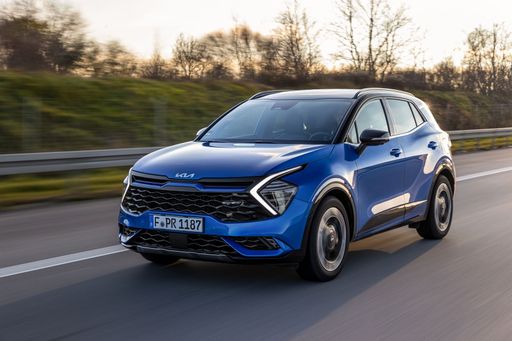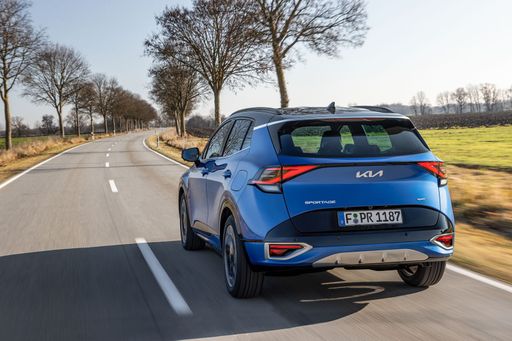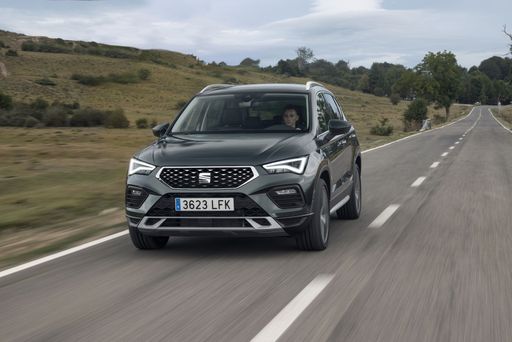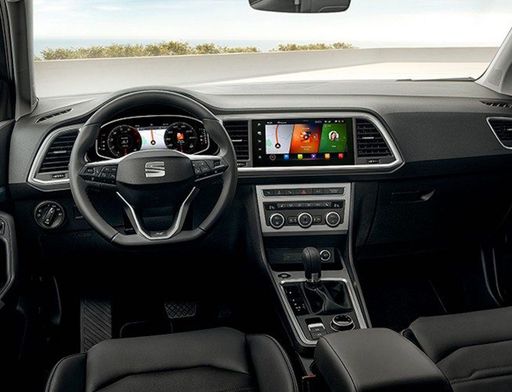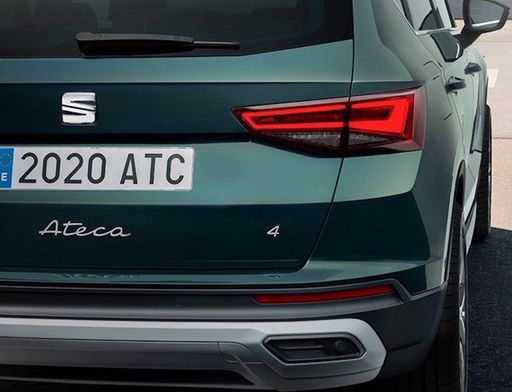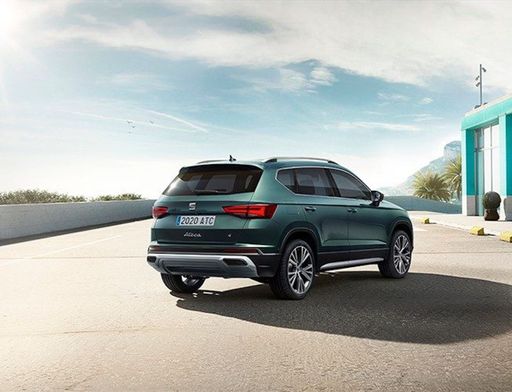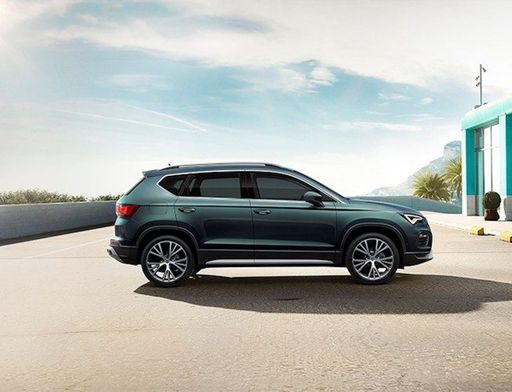Kia Sportage vs SEAT Ateca: A Comprehensive Comparison
The automotive landscape is rich with choices, especially in the SUV segment where versatility and comfort reign supreme. Two contenders that command attention are the Kia Sportage and the SEAT Ateca. Both models present an enticing blend of style, technology, and performance, but how do they stack up against each other? In this article, we dissect their technical aspects, innovations, and overall driving experience.

